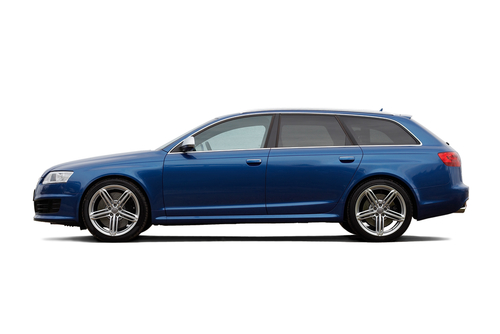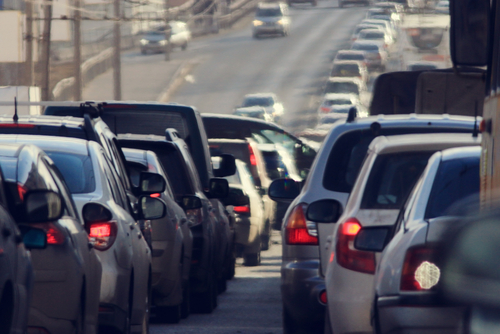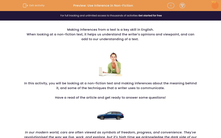Making inferences from a text is a key skill in English.
When looking at a non-fiction text, it helps us understand the writer's opinions and viewpoint, and can add to our understanding of a text.

In this activity, you will be looking at a non-fiction text and making inferences about the meaning behind it, and some of the techniques that a writer uses to communicate.
Have a read of the article and get ready to answer some questions!

In our modern world, cars are often viewed as symbols of freedom, progress, and convenience. They've revolutionised the way we live, work, and explore, but it's high time we acknowledge the dark side of our infatuation with automobiles.
First and foremost, the environmental impact of cars is undeniable. As the world grapples with climate change, air pollution and dwindling natural resources, it is evident that cars are a significant contributor to these global crises. They spew greenhouse gases into the atmosphere, exacerbating global warming and leading to more frequent and severe weather events. The extraction and consumption of fossil fuels for our vehicles also wreaks havoc on ecosystems and habitats, causing irreparable damage to our planet.
The toll on human health is equally alarming. The emissions from cars, particularly in densely populated urban areas, have been linked to a host of respiratory illnesses, from asthma to lung cancer. The noise pollution generated by constant traffic only adds to the stress and discomfort of city dwellers. Cars, ironically, have made our lives noisier and more polluted, undermining the quality of life we so desperately seek.
Our obsession with cars has transformed our urban landscapes, often for the worse. Cities are designed around cars, prioritising roadways and parking lots over green spaces and pedestrian-friendly infrastructure. This car-centric approach has led to sprawling, soulless suburbs, traffic congestion and a disconnection from the natural world.
Traffic accidents (another dark facet of car culture) result in countless deaths and injuries each year. Despite advances in automotive safety technology, accidents remain a grave concern. In addition, the stress and frustration of daily commuting contribute to poor mental health and road rage.
Economically, the cost of car ownership can be astronomical. Beyond the initial purchase, there are expenses for fuel, maintenance, insurance, and parking. For many, the burden of car payments becomes a perpetual financial drain, stifling other opportunities and creating a cycle of debt.
One often overlooked negative is within the automotive industry itself. It has a notorious track record of exploiting workers and engaging in environmentally harmful practices. From extracting the minerals used in batteries to the assembly line conditions, the car industry has come under scrutiny for ethical and sustainability reasons
In the age of ride-sharing and emerging autonomous technologies, we have an opportunity to reimagine our relationship with cars. We can promote the use of public transport, cycling, and walking, reducing our dependence on individual cars. Electric and hybrid vehicles are steps in the right direction, but they do not absolve us from the responsibility of curtailing our car usage.
It is essential that we confront the negative aspects of car culture. It's time to reevaluate our priorities and reconsider the way we design our cities, manage our resources, and interact with our environment. By doing so, we can pave the way for a more sustainable, healthier, and harmonious future; one that does not rely on cars as the default mode of transport.









